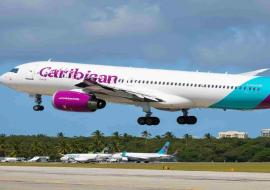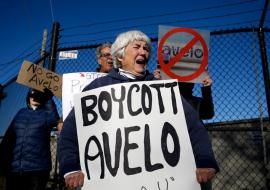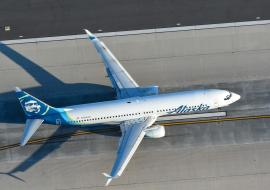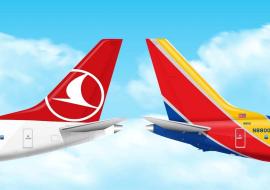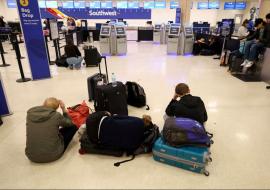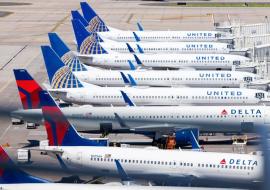Robin Hayes: Coronavirus Hitting Aviation Industry Harder Than 9/11
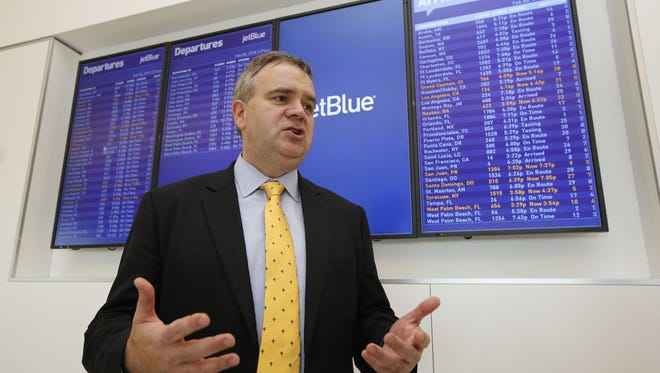
JetBlue CEO Robin Hayes told CNBC network Tuesday that demand for airline flights has fallen more in response to the coronavirus than it did after 9/11.
Hayes, appearing on CNBC’s “Closing Bell,” said the industry saw a 30% decline in demand from August 2001 to October 2001. “Right now, what we’re seeing as we go into March and April is something that has dropped off more than that,” he said.
Southwest Airlines CEO Gary Kelly also recently said the coronavirus has created a fear of flying that has a “9/11-like feel.”
Hayes’ comments Tuesday come shortly after United Airlines said it has experienced a 70% net drop in domestic bookings in the last few days. United President Scott Kirby added that gross bookings, which he said are a better measure of current demand, are down 25%.
“The reality is that no one knows” when demand for air travel may be restored, Hayes said, and therefore the company is preparing cautiously for the future.
“We’re planning for it to get worse,” Hayes said. “We don’t think bookings have stabilized yet.”
The decline in bookings caused JetBlue to pull its first-quarter and full-year earnings forecast on Monday. Like many other airlines, JetBlue is making adjustments to its flight schedules between March and early May.
Hayes stressed the strength of JetBlue’s balance sheet, arguing the company “has spent 10 years planning” for another demand downturn like the airline industry experienced during the financial crisis. The company has around $1.2 billion in liquidity, he said.
“Even if this is something that lasts for a very long time, JetBlue is very well equipped to cope,” he said.
The White House is considering fiscal stimulus measures to soften the economic impact of the coronavirus, which has continued to spread in the U.S. There are more than 800 confirmed cases in the country, according to Johns Hopkins University.
Hayes said JetBlue has not asked the White House for federal assistance.
Rather, he said the help from the government that he would most like to see would come from the Federal Aviation Administration. He said he would like to see a “slot waiver” be granted as airlines reduce their number of flights.
“When an airline flies into a congested airport, then if you don’t fly a certain number of slots, you could lose them. Clearly you don’t want to do that,” he said.
A similar law in Europe is why pictures have emerged there of “airlines flying around empty airplanes, which is madness,” Hayes said.
A waiver from the FAA “costs the government nothing,” Hayes said. “But it would be a huge help for airlines to navigate through this.”







